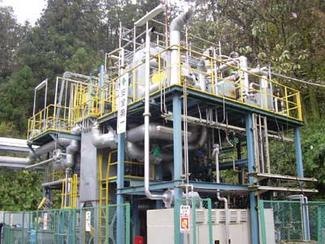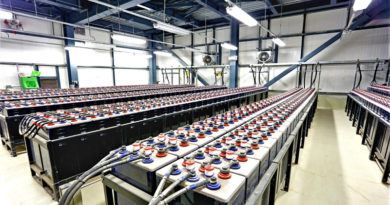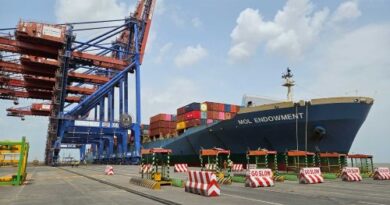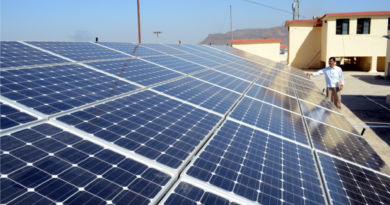LanzaTech, SEKISUI to bolster “waste-to-ethanol” projects across Japan
The two companies will jointly developed platform that would converts syngas derived from municipal solid waste (MSW) and industrial solid waste into ethanol.

As the quest for green fuels are increasing amid the challenges of climate change, American sustainable fuels conglomerate LanzaTech is expanding its reach in the Japanese market.
In a key development LanzaTech has signed a Master License Agreement with SEKISUI Chemical Co to deploy, at commercial scale, a jointly developed platform that converts syngas derived from municipal solid waste (MSW) and industrial solid waste into ethanol. SEKISUI will build multiple facilities in municipalities across Japan which incorporate equipment packages, engineering and advisory services, consumables, and intellectual property provided by LanzaTech.
SEKISUI expects its first commercial-scale facility to produce 10 to 12 kilotons of ethanol annually. The ethanol output is synthetic alcohol and can be converted into ethylene and kerosene for use as Sustainable Aviation Fuel (SAF) as well as widespread material and chemical applications such as apparel, personal care, and packaging.
This latest agreement between LanzaTech and SEKISUI progresses a decade-long collaboration to divert garbage from landfills and incinerators and use it to generate feedstocks that would otherwise come from fossil resources or food crops.
The Agreement follows the success of a 2017 pilot plant in Yorii-machi, Saitama, Japan, and the 2022 completion of an MSW-to-ethanol demonstration plant in Kuji City, Iwate, Japan, which has the capacity to produce approximately 400 tons of ethanol per annum.
“We are pleased to expand our collaboration with longstanding partner LanzaTech, whose waste-to-ethanol technology is converting municipal solid waste into a valuable resource and providing an innovative solution to ending our reliance on fresh fossil fuels,” said Futoshi Kamiwaki, SEKISUI Representative Director, Senior Managing Executive Officer. “Signing this Agreement is an important next step on our path to commercializing this game-changing technology and realizing SEKISUI’s vision of a more sustainable, low-carbon society for future generations.”
“Our continued collaboration with SEKISUI is setting the groundwork for providing municipalities with a platform that reduces waste, captures carbon, generates valuable sustainable feedstocks, and importantly, creates local jobs,” said LanzaTech CEO Dr. Jennifer Holmgren.
Around 56 million tons of combustible waste is generated in Japan each year, and municipal and industrial trash are both massive and accelerating global challenges: the World Bank estimates that by 2050, humans will be generating 3.88 billion tons of waste each year, a 73% increase from 2020.
Normally, combustible waste is either sent to landfills—emitting methane, a greenhouse gas 23 times more potent than carbon dioxide—or incinerated for power generation, with the embedded carbon emitted into the atmosphere.




